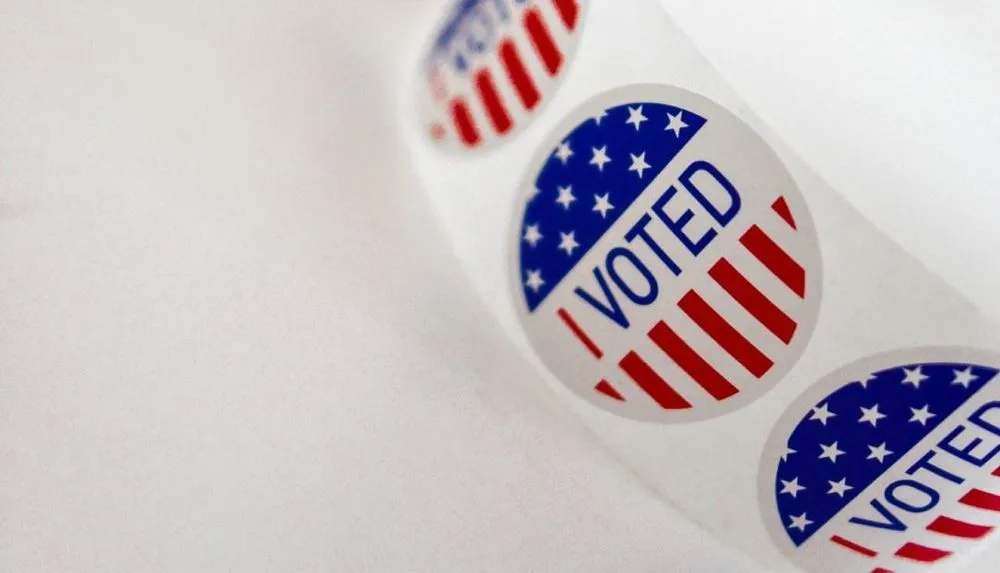Russian interference had no meaningful effect on 2016 election result, study finds
A new study has poured cold water on assumptions that Russian social media operations interfering in the 2016 U.S. presidential election had a significant impact on the final result.
The research from the Center for Social Media and Politics at New York University, published on Monday in the journal Nature Communications, found “no evidence of a meaningful relationship between exposure to the Russian foreign influence campaign and changes in attitudes, polarization, or voting behavior” among those who had been exposed to it.
It is the first study that measures the impact of this exposure through a longitudinal survey, which asks the same questions of the same group at different points in time to observe any changes. The survey was completed by YouGov in three waves between April 2016 and November 2016.
Alongside the responses, the YouGov survey included the respondents’ Twitter data. This allowed the researchers to examine each person’s timeline for the period of the election campaign.
The data revealed that 70% of the survey respondents had been exposed to posts which Twitter identified as part of a foreign influence operation, offering the researchers the opportunity to examine the impact of those operations on the respondents' views.
According to the study, these exposures were “concentrated among a small group of users, with only 1% of users accounting for 70% of all exposures.”
Even then, the amount of material that originated from Russia was thoroughly overshadowed by the amount of exposure that the Twitter users had to “traditional news media and US political candidates.”
Weighing against the effect of the interference, the small group of users who accounted for the majority of exposure to Russian foreign influence accounts “were those arguably least likely to need influencing” as they had already identified themselves as “highly partisan Republicans” and thus were “those least likely to vote for [Hillary] Clinton irrespective of exposure.”
But most crucially, the researchers “did not detect any meaningful relationships between exposure to posts from Russian foreign influence accounts and changes in respondents’ attitudes on the issues, political polarization, or voting behavior,” according to the survey questions.
Measuring this impact in general is a challenge, as the researchers note: “The large body of political science research that examines the effects of traditional election campaigns on voting behavior finds little evidence of anything but minimal effects even when messages are well-targeted and conducted in politically conducive environments.”
Gavin Wilde, a senior fellow at the Carnegie Endowment for International Peace and a former director for Russia at the U.S. National Security Council, told The Record that the study did well to highlight the lack of evidence that the influence operations were effective.
“There's no real understanding of how humans internalize narratives (causal vs incidental) to baseline from,” said Wilde, who alongside Justin Sherman recently published a detailed examination of “the Kremlin’s so-called information war […] through a domestic and regime security prism.”
“I'm no seasoned researcher, but that's where I'd say the onus is on the adherents to the idea that ‘influence operations via social media work and are a national security threat’ — to demonstrate that empirically even with available data,” he added via email.
Alexander Martin
is the UK Editor for Recorded Future News. He was previously a technology reporter for Sky News and is also a fellow at the European Cyber Conflict Research Initiative.



